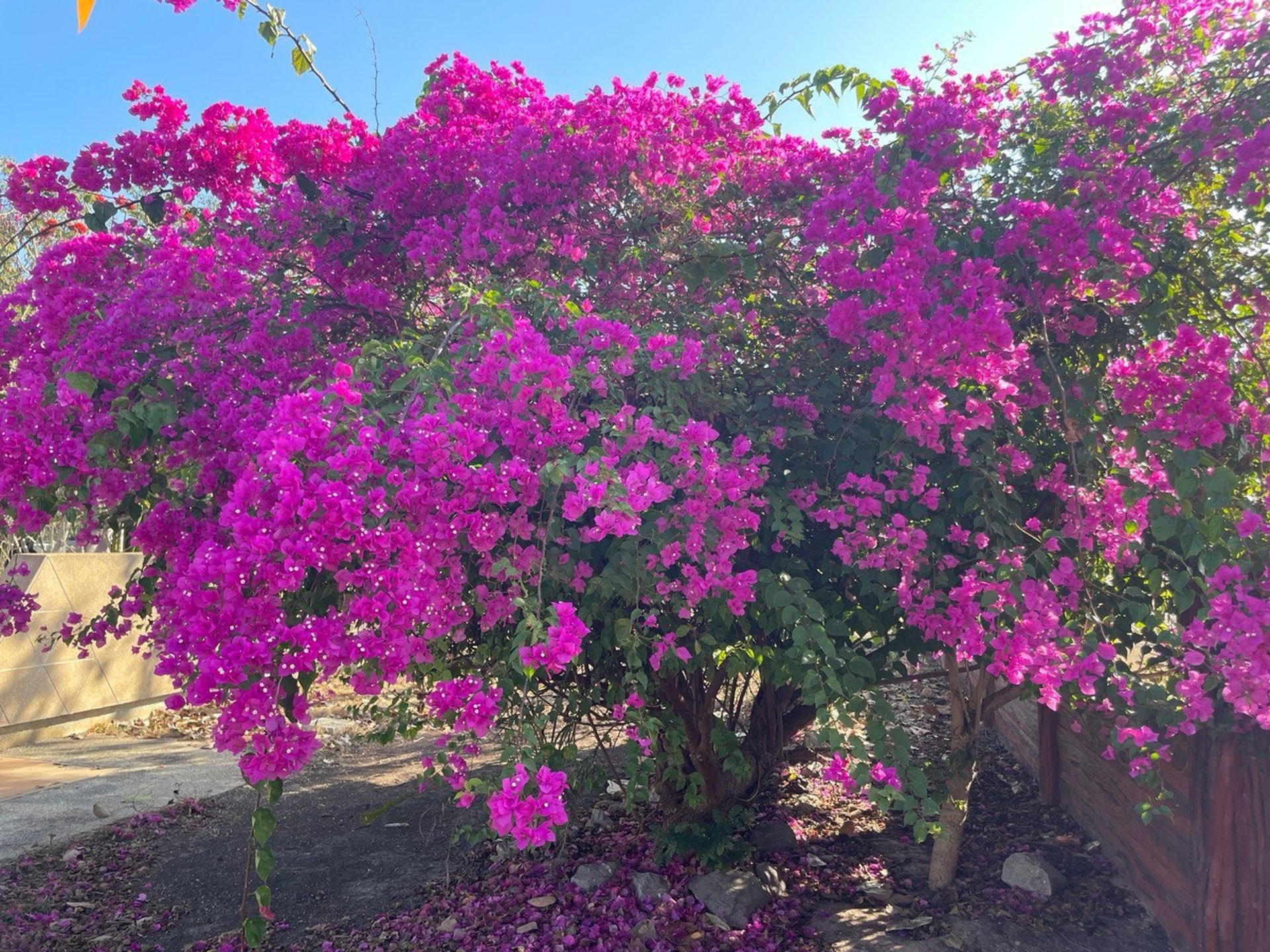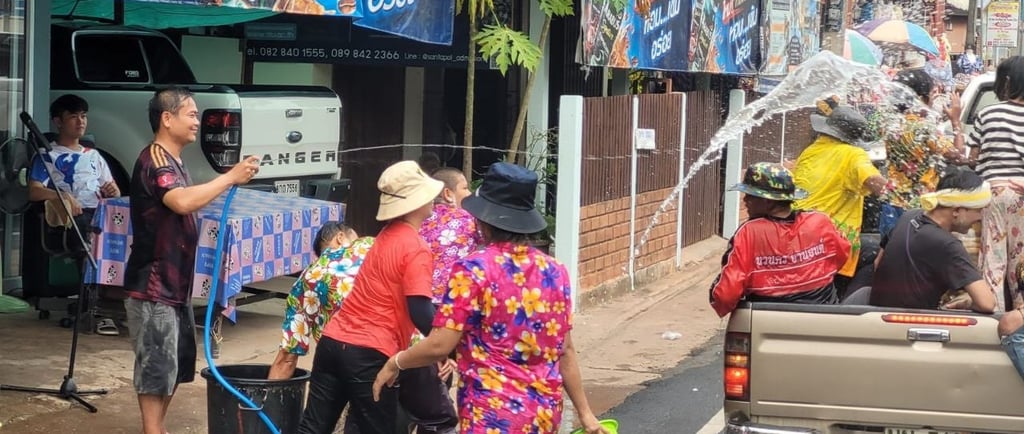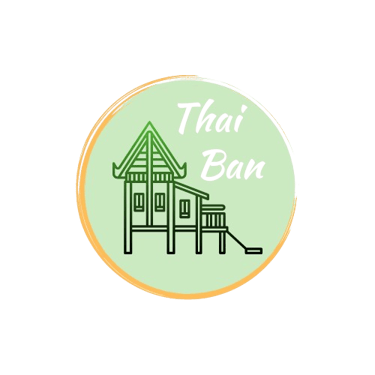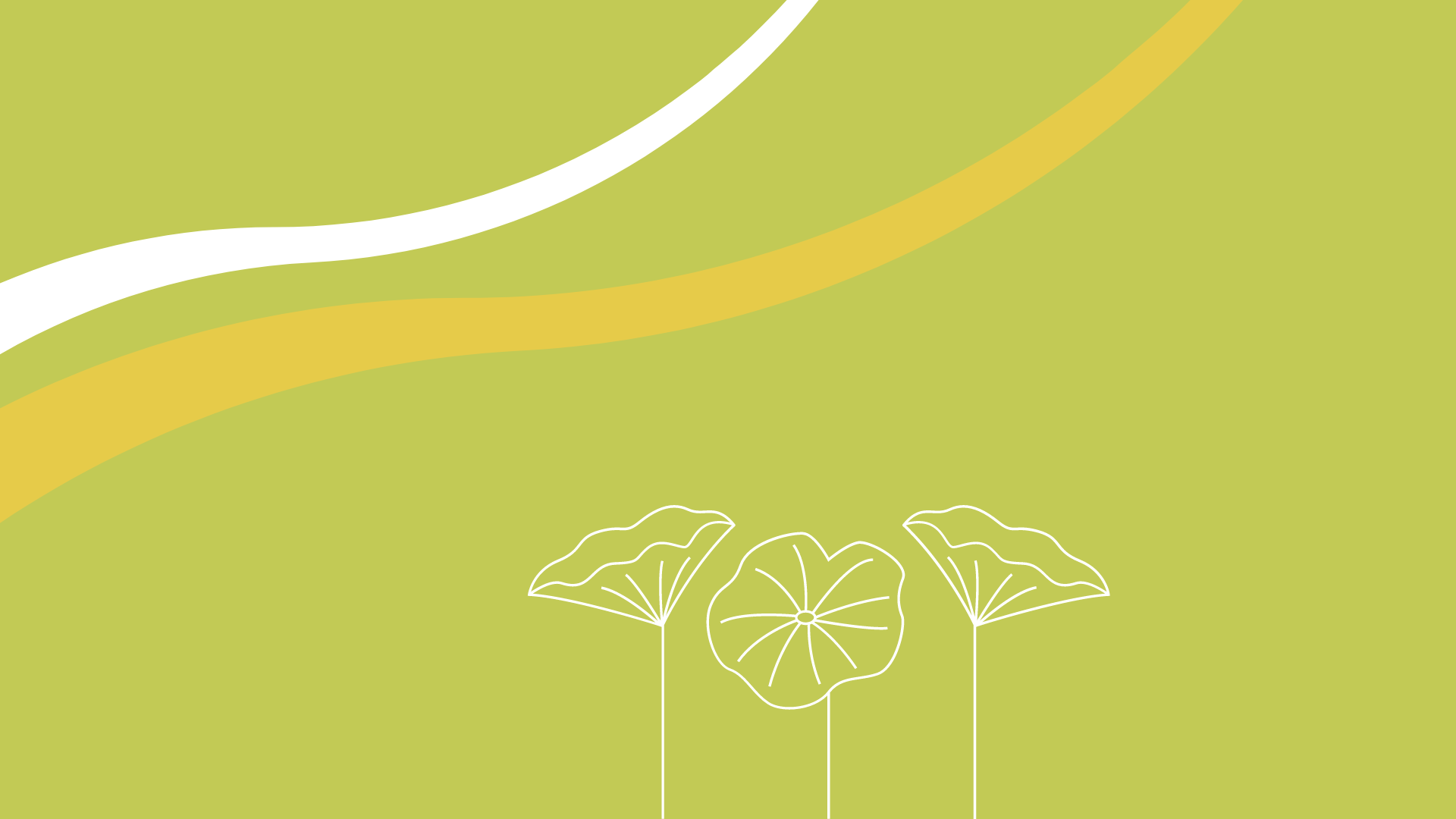
Traditionnals thai festivals


IN JANUARY
Don Cheri Memorial Fair (Suphanburi)
Commemoration for a week of Prince Naresuan's victory over the Burmese (end of January).
King Mengrai Festival (Chiang Rai)
Festival celebrated in the north in honor of King Mentirai, founder of the Lan Na kingdom, with a parade and sound and light show (end of January).
Para That phantom Festival (Nakhon Phanom)
This week-long festival takes place around the most sacred stupa in northeastern Thailand (end of January).
IN FEBRUARY
Chinese New Year (all over Thailand)
It is the main festival of the Chinese community, celebrated with more pomp in Chinese-dominated cities, such as Nakhon Sawan, a few hours north of Bangkok. In Sampeng, the Chinatown of Bangkok, the event is in full swing (late January-mid February).
Macha Bucha (national holiday)
An important Buddhist festival during which candlelit processions take place around the main temples in the evening to commemorate the day when 1250 Buddha disciples gathered to listen to his teachings. Caged birds are sold to be released and bring good luck to the benefactors who freed them (late February).
Giant Straw Birds (chain)
Festival celebrated in the south, which stages giant birds made of rice straw (early February).
Flower Festival (chiang Mai)
The great northern city pays homage to its most famous flower production, with processions, decorated floats and beauty contests. (early February)
IN MARCH
Wat Phra Phutthabath Fair (Saraburi)
Thousands of pilgrims flock to this small town to pay homage to a sacred footprint of the Buddha's foot (early March).
Singing Dove Festival (yala)
Festival celebrated in the south, gave rise to bird shows and dove singing competitions (mid-March).
Thao Suranarki Fair (Nakhon Ratchasima)
Homage to the warrior heroine who resisted the Laotian forces who came from Vientiane to lay siege to the city (late March).
IN APRIL
Songkran, national holiday, Buddhist New Year.
The Thai New Year, also called “WATER FESTIVAL” takes place from April 13th to 15th every year.
On the occasion of this festival, everyone sprinkles themselves with water in joy and good humour around purification rites.
It is the occasion for the monks to take out the Buddha statues that the faithful worship by pouring water on their feet.The Songkran festival lasts a week in Chiang Mai
Ordinations (Si Satchanalai)
The ordination of dozens of young monks is celebrated after a colorful parade (end of April).
IN MAY
Royal Ploughing Ceremony (Bangkok)
This Hindu ceremony of ploughing takes place every year in Sanam Luang to promote the harvest (early May).
Visakha Puja, national holiday.
Celebrates the anniversary of the birth, enlightenment and death of Buddha. It is a holiday for Thais. They go to the temple to bring offerings in processions with candles. (early May).
Rocket festival (north-east Thailand).
On the occasion of this festival, typical of the northeastern region and which has a particular pomp in the city of Yasothan, rockets are launched to invoke the rain (mid-May).
IN JULY
Candle festival (Ubon Ratchthani)
The candle festival is a great parade of over a hundred beautifully decorated floats, accompanied by dance performances, music and many cultural events (mid-July).
Khao Phansa (celebrated throughout Thailand).
Very popular, this holiday marks the entry of young people to the monastery for the period of Buddhist Lent. For 3 months, the monks are in retreat. A large number of ordinations are celebrated during this period. After the fast, the monks leave the temples and are offered their new saffron robes and food.
Asalaha Puja (National Day)
Commemoration of the first sermon of the Buddha in all temples of the country. (full moon of July)
IN SEPTEMBER
Narathiwat Fair (Narathiwat)
For a week, this Muslim holiday allows you to attend boat races, pigeon singing competitions and traditional martial arts demonstrations (end of Sept).
Phichit Boat Races (Pichit-Nan-Primai-nakhon Phrom)
These Longerais boat races take place throughout Thailand during the rainy season. The most famous ones take place in Nan, Primai, Nakhon Phnom and Phichit (early September).
IN OCTOBER
Vegetarian festival (Phuket)
The great Chinese vegetarian festival with parades, cultural events and demonstrations of self-mortification. The ceremony, including ritual practices, is observed with great reverence. To purify the body and mind, the Chinese impose a vegetarian diet, and this during the first 9 days of the 9th or 10th month of the lunar calendar. Every day, various ceremonies take place in Chinese temples as well as processions, spectacular demonstrations of insensitivity to suffering. In order to gain more merit, the Chinese walk on the coals, pierce the cheeks and body with sabres, knives or sharp objects.The first festival took place in 1825 when, according to legend, members of an opera troupe from China, then touring the island, fell seriously ill (end of September early October).
Wax candle festival (Sakhon Nakhon)
End of Buddhist Lent and retreat coinciding with the rainy season, communities in northeastern Thailand celebrated with boat races and a spectacular delirium of floats with giant candles and beauty queens. To mark the end of Buddhist Lent, communities in northeastern Thailand stage an annual celebration consisting of a large procession of carefully carved wax castles, long boat races and other festive celebrations. On the last day of the festival, which falls at the end of Buddhist Lent, local residents make a trip to temples to make the merit (mid-October).
Ok Phansa (all over Thailand)
On the occasion of this festival which marks the end of the three months of Lent, Buddhists offer new robes to monks (mid-October).
IN NOVEMBER
Loy Krathong (National Day)
Beautiful festival including parades, beauty contests and in the evening, the watering of offerings to pay tribute to Mae Kong Ka, the deity of the waters and to thank her for her generosity during the monsoon. On this occasion, Thais place “Krathongs” on lakes, rivers, ponds and the sea, these curious floating offerings are made of banana leaf decorated with flowers, candles and three sticks of incense, bearing the pronounced wish that it be fulfilled. It is also the occasion to release lanterns (mid-November).
Wat Saket Fair (Bangkok)
Festival of the city’s largest temple, with traditional dances and theatre, contemporary shows and candlelit procession around the Wat Saket Gold Mountain (mid-November). River Kwai Historical Week (Kanchanaburi). A week of festivities to commemorate the events of World War II, with exhibitions, remembrance ceremonies and a sound and light show on the famous bridge of the River Kwai (late November).
Surin Elephant Roundup (Surin)
Tribute to this iconic animal, a national symbol, gave rise to parodies of elephant hunting, rodeos and a polo match played by pachyderms, much to the delight of visitors (end of November).
IN DECEMBER
King’s Birthday (Bangkok)
Celebration of the birthday of King Bhumibol Adulyadej, giving rise to a parade in Rachadamoen Klang Avenue (December 5).
Chiang Mai Winter Fair (Chiang Mai)
Great winter festival, cultural events, beauty contests and a big parade are organized (late December).
FESTIVITIES IN THAILAND
The Thai life is punctuated by many festivals.
Most of these festivals offer a spectacular parade, followed by evening of theatre performances, traditional dances.

